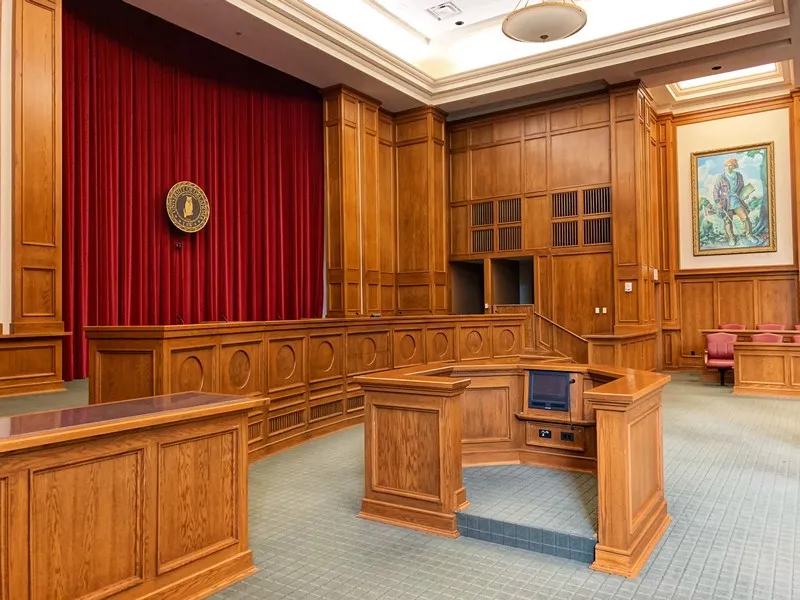Table of Contents
- Origins of Procedural Justice Theory
- Key Components of Procedural Justice
- Empirical Findings and Applications
- Theoretical Developments and Criticisms
- Implications for Policy and Practice
- Conclusion
Procedural justice theory is a critical framework within sociology and legal studies that examines the fairness of the processes that lead to outcomes. This theory emphasizes that the perceived fairness of procedures used by authorities and institutions significantly influences individuals’ acceptance of decisions and their compliance with the rules. The theory has profound implications for understanding the dynamics of legitimacy, authority, and social order. This paper outlines and explains procedural justice theory, including its origins, key components, empirical findings, and implications for various social contexts.
Origins of Procedural Justice Theory
Procedural justice theory emerged in the late 20th century, primarily through the work of Tom R. Tyler and his colleagues. The theory was developed as a response to traditional views that primarily focused on the outcomes of decisions rather than the processes used to reach those outcomes. Early work by John Thibaut and Laurens Walker in the 1970s laid the groundwork by highlighting the importance of fair procedures in legal settings. Tyler and his collaborators expanded this concept, arguing that procedural justice is crucial not only in legal contexts but also in various other social interactions and institutional settings.
Key Influences and Theoretical Background
The theoretical background of procedural justice is rooted in social psychology and legal studies. Thibaut and Walker’s adversarial and inquisitorial models of justice were pivotal in illustrating how different procedural formats affect individuals’ perceptions of fairness. Their work demonstrated that people care deeply about how decisions are made, not just about the decisions themselves. This shift from distributive justice (concerned with the fairness of outcomes) to procedural justice marked a significant development in understanding human behavior and social order.
Key Components of Procedural Justice
Procedural justice theory identifies several key components that contribute to perceptions of fairness in processes:
Voice
Voice refers to the opportunity for individuals to express their opinions and concerns during the decision-making process. The inclusion of diverse perspectives is fundamental to ensuring that the procedure is perceived as fair. When individuals feel heard, they are more likely to accept the outcomes, even if the decisions are not in their favor.
Neutrality
Neutrality involves the impartiality and objectivity of the authorities or decision-makers. For a process to be perceived as fair, the decision-makers must be unbiased and base their decisions on consistent and transparent criteria. The absence of favoritism or discrimination is crucial for maintaining trust in the process.
Respect
Respect pertains to the dignified and considerate treatment of individuals by authorities. When people are treated with respect, they are more likely to view the procedures as fair. This component underscores the importance of acknowledging individuals’ rights and status within the process.
Trustworthiness
Trustworthiness involves the belief that authorities are sincere and concerned with the well-being of those affected by their decisions. This component is closely related to the perceived motives and ethical standards of the decision-makers. When individuals trust the intentions of the authorities, they are more likely to accept the outcomes of the procedures.
Empirical Findings and Applications
Get the full article AD FREE. Join now for full access to all premium articles.
View Plans & Subscribe Already a member? Log in.





